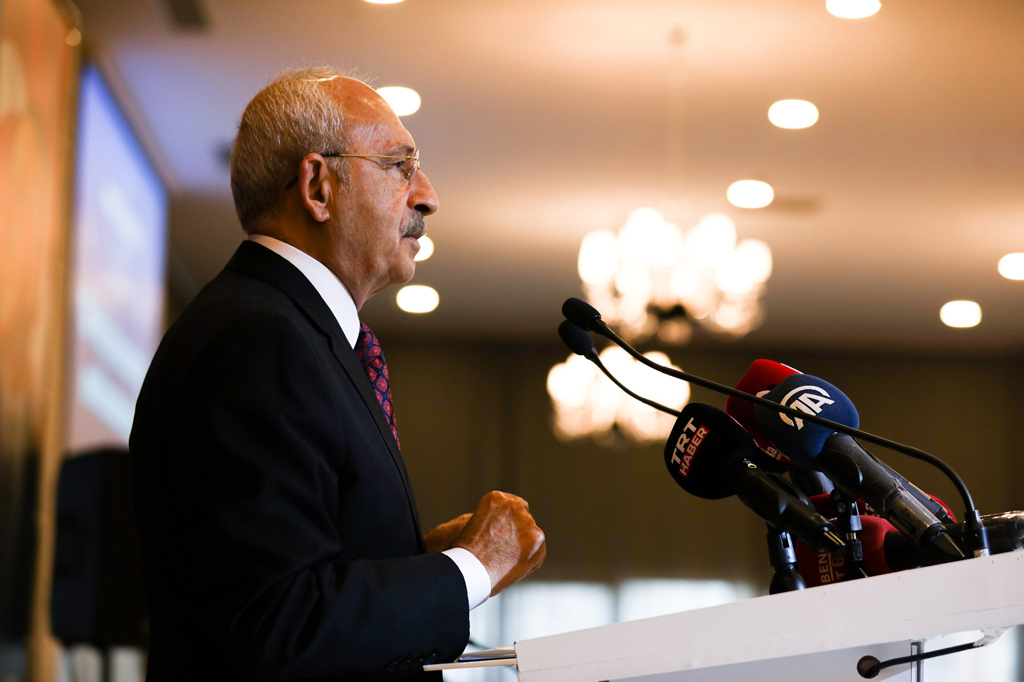'Political murders'
Nowadays, Kılıçdaroğlu talks about “political murders” to draw the spotlight in his own way. At the same time, he attempts to avoid criticism for collaborating with the HDP and viewing that party as a “legitimate counterpart” in attempts to address the "Kurdish question." Yet the main opposition leader’s charge of “escalation” cannot hide the fact that the coalition he formed with his “friends” at home and abroad is deeply problematic. How could the CHP, which cannot even get the HDP to engage in some level of self-criticism, stand up to the demands of PKK/YPG terrorists and separatists? Instead of playing games and hinting at the possibility of “political murders,” Kılıçdaroğlu should present the opposition’s vision for Turkey’s future to the electorate without delay. The opposition’s mentors know too well that the makeshift coalition that the CHP leader put together has no common ground except anti-Erdoğanism and that they look “as fragile as they did in the 1990s.” Indeed, Kılıçdaroğlu’s coalition cannot generate a positive vision with concrete policy proposals for Turkey’s future. As such, it cannot stop being fragile.Parliamentary system debates
Turkey’s opposition parties would lack a common ground to create a shared narrative of democracy, even if they were to agree on an “augmented and reinforced parliamentary system.” The presidential system, which they staunchly oppose, did not emerge in a vacuum. It was shaped by the struggle against the guardianship regime to overcome the crises caused by the political system that the 1982 Constitution put in place. In other words, Turkey got to where it is now thanks to Erdoğan’s 16 years in charge, by breaking the chains that domestic and foreign "guardians" put on the country. Indeed, politics, as an institution, became the most important phenomenon shaping our future as a result of that process. The “augmented and reinforced parliamentary system,” by contrast, threatens to reinstate the guardianship regime, which Turkey dismantled through hard work and sacrifice. Keeping in mind the deep crisis that coalition governments with two or three partners threw Turkey into in the 1990s, there is no telling where a coalition with six or seven members could take the country. At a time when the global system is undergoing rapid changes and Turkey is raising its international profile by taking advantage of geopolitical voids, such a coalition could cost the country more than what they cost it in the 1990s.
[Daily Sabah, October 13, 2021]







